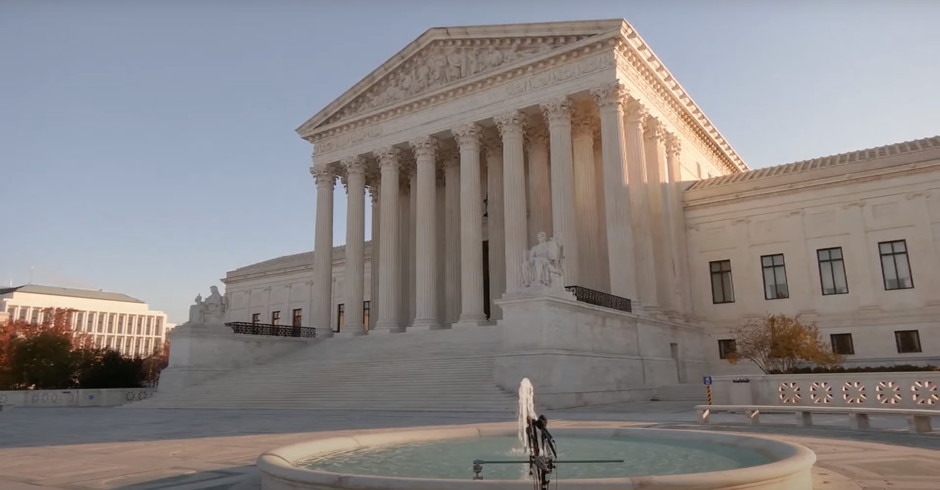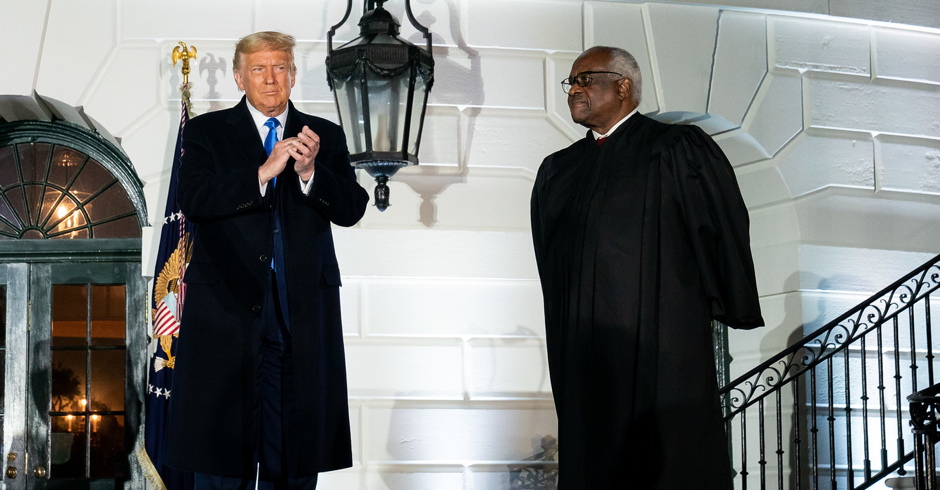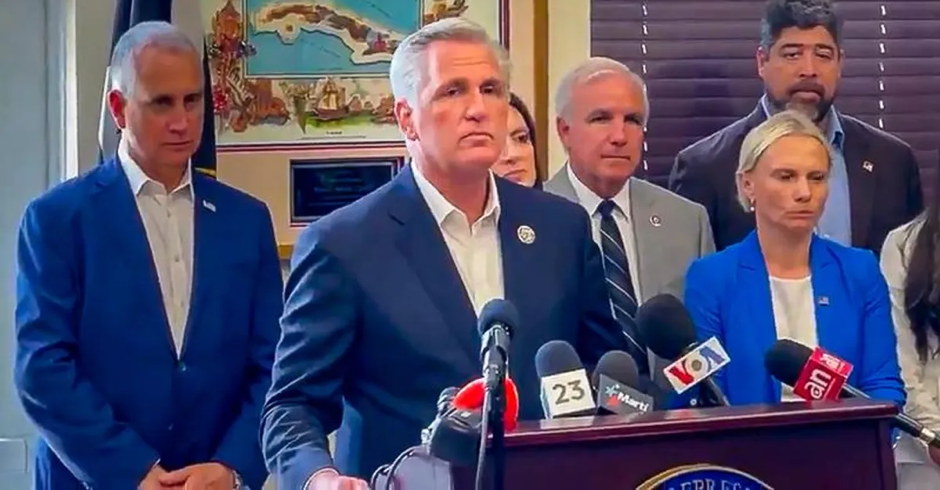Justice Elena Kagan called Friday morning’s Supreme Court porn ruling “confused,” saying it flies in the face of established First Amendment case law.
In Free Speech Coalition, Inc. v. Paxton, the Supreme Court upheld a Texas state law that requires adults to provide official identification in order to view websites where at least one-third of the content on it is “harmful to minors.” The case was decided 6-3 on ideological lines, with Justice Clarence Thomas writing the majority opinion, and Justice Kagan writing the dissent.
The Court found that the 2023 Texas law did not run afoul of the First Amendment, in part because the state has an interest in protecting minors from harmful material. That part of the ruling was widely agreed upon. Where the issue lies is whether the specific law was well-tailored enough to not infringe on protected speech.
READ MORE: Louisiana Adults Must Now Show Drivers’ Licenses to Access Porn Online
Kagan and the other liberal justices disagreed on this point. She argued that while the state clearly has the right to declare certain speech obscene for minors and legally prohibit them from engaging with it, adults must still be allowed access. Kagan said that Friday’s ruling runs counter to cases brought before the Court “on no fewer than four prior occasions,” where the Court has “given the same answer, consistent with general free speech principles, each and every time.”
Kagan argued that the concept of “strict scrutiny” should have been applied to the Texas law, which requires the “least restrictive means of achieving a compelling state interest.” The ruling however, said that the ID requirement only hit the level of “intermediate scrutiny,” which does not require the state to answer the “least restrictive means” question.
“The majority’s opinion concluding to the contrary is, to be frank, confused. The opinion, to start with, is at war with itself. Parts suggest that the First Amendment plays no role here—that because Texas’s law works through age verification mandates, the First Amendment is beside the point. But even the majority eventually gives up that ghost. As, really, it must,” Kagan wrote.
She argued that the law would cause some people not to access these objectionable-to-minors websites, saying that people may not want to “identify themselves to a website (and maybe, from there, to the world)” as someone who enjoys pornography. The reference to “the world” refers to concerns raised by the Free Speech Coalition that the Texas law could leave citizens open to hackers if sites do not properly protect the identification information.
“But still, the majority proposes, that burden demands only intermediate scrutiny because it arises from an ‘incidental’ restriction, given that Texas’s statute uses age verification to prevent minors from viewing the speech. Except that is wrong—nothing like what we have ever understood as an incidental restraint for First Amendment purposes. Texas’s law defines speech by content and tells people entitled to view that speech that they must incur a cost to do so. That is, under our First Amendment law, a direct (not incidental) regulation of speech based on its content—which demands strict scrutiny,” Kagan wrote.
After the law passed, some pundits warned that if it were upheld, it could lead to other laws against content deemed objectionable. The Free Speech Coalition argued that porn can be the “canary in the coal mine of free speech,” and Harvard Law Professor Rebecca Tushnet agreed.
“If the Court is open to revisiting the First Amendment framework that structured the last 70 years or so of constitutional history, then many things will be up for grabs, including defamation law, political speech regulations, and compelled speech. Speech about abortion and LGBTQ issues would be the obvious next targets,” she said.
Image via Shutterstock































